Changes in weather such as extreme cold, harmful cold, and saltwater intrusion have reduced the resistance of farmed fish, creating conditions for pathogens to penetrate and cause diseases. To prevent diseases in a safe way, the use of herbs available in nature will help treat the pond environment, prevent diseases, and help fish grow well.
- Chinaberry leaves- treatment of Lernea – Anchor Worm, Rotifers
The characteristic of the tree is that it has a bitter taste. When the fish is rubbed, Lernea – Anchor Worm, Rotifers do not cling to the fins and skin.
Method of disease prevention: Periodically, soak Chinaberry leaves in the pond once every 15 days with a dose of 10 kg of branches and leaves per 100 m2 of pond; or 20-25kg of Chinaberry leaves/cage of 8m3; Can fertilize the pond with a dose of 0.3 kg/m3 before releasing the fish into the nursery for 3 days.
Treatment: Take young twigs and leaves, bundle them up, and soak them in fishponds with disease-causing anchors and wheels; You can also soak in rafts or raise fish in the water source with the amount of 1.5 – 2.0 kg of Chinaberry leaves/150 – 200 m2 of pond until the leaves are rotten, then remove the branches from the pond.
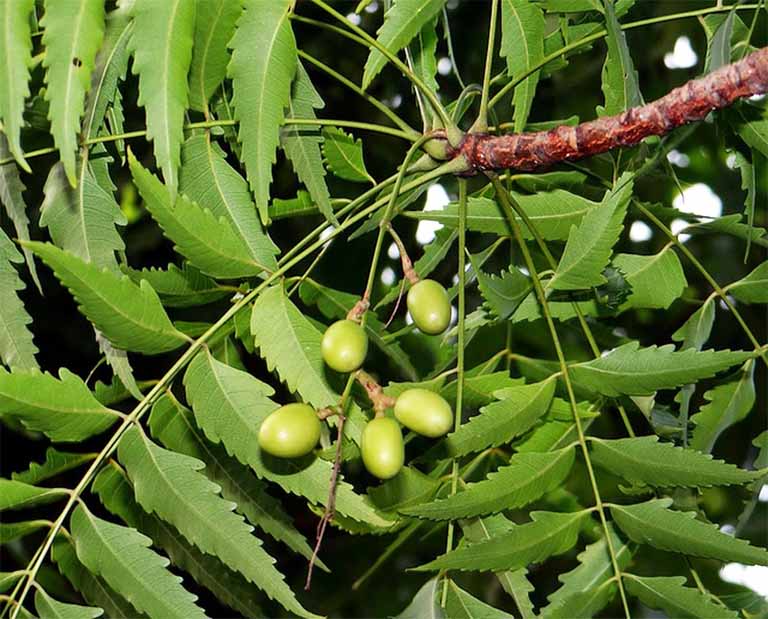
- Ricinus Communis leaves- Treating gill ulcers, red spots in fish
Ricinus Communis leaves have a bitter taste and contain ricin, which is used to treat gill ulcers and red spots in fish.
Disease prevention: Periodically soak purple papaya leaves in the pond once every 15 days with a dose of 15 kg of purple papaya leaves/1000 m2 of pond.
Treatment: Take purple papaya leaves bundled into bunches and soak them in the pond with the amount of 2.5 – 3 kg of leaves/150 – 200 m2 of pond. For fish cages, soak 15-20 kg of leaves/8 – 10 m3 of cages.
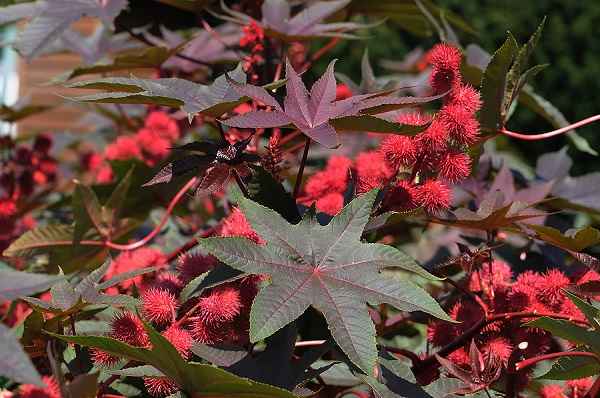
- Purslane – treatment of viral enteritis in carp
Purslane contains betalain alkaloids used to treat bacterial enteritis for grass carp.
Disease prevention: Periodically feed fish once every 10 days with a dose of 1 kg of purslane per 100 kg of fish.
Treatment: Take purslane, wash it, and then drop it into the frame to feed the fish once a day, continuously for 5-7 days, with 1.5-3 kg of vegetables/100 kg of fish. For fingerlings, it is necessary to chop vegetables and sprinkle them evenly on the surface of the pond, pay attention to let the fish be really hungry before feeding.
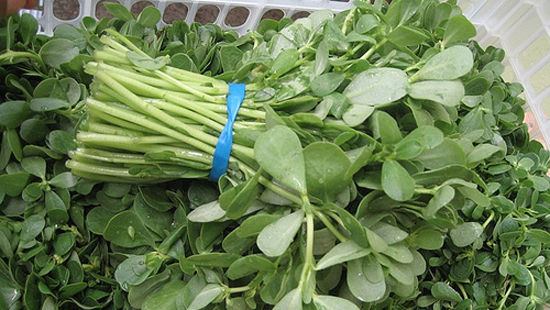
- Chamberbitter – Treatment of necrotic disease in catfish
Chamberbitter is an antibiotic against bacteria causing necrotic disease in catfish, antibacterial ring 11 – 20 mm.
How to use: Use 5 kg of fresh plants, pound to get water and then mix in 100 kg of fish food to treat diseases.
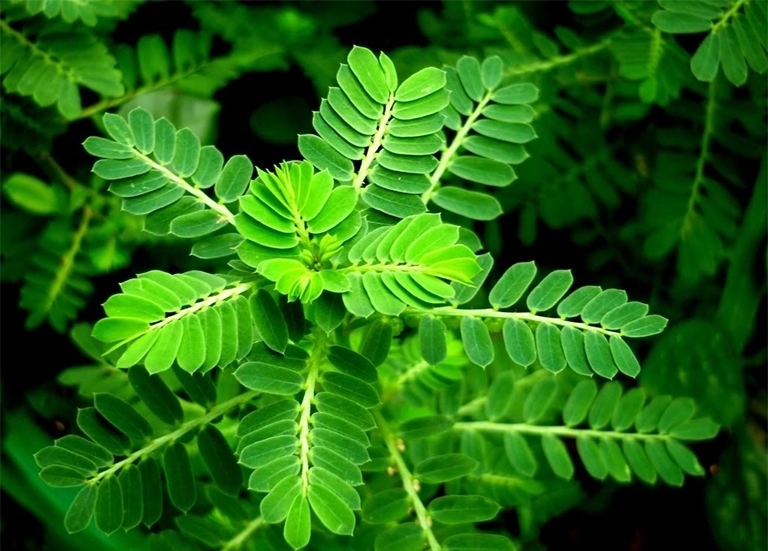
- Polygonum hydropiper – treatment of inflammatory bowel disease, gill ulcers for grass carp, tilapia
It is a wild grass that grows in damp places (usually found in swamps) year-round, has many branches, lance-shaped leaves, red flowers that grow in spikes at the tips of branches or between leaves. The plant has a hot, pungent taste.
Treatment: Take the stems and leaves chopped, cook thoroughly to get water, then mix with fish food, with a dosage of 3kg fresh clam stalks/100kg fingerlings, feed the fish continuously for 3-6 days. It is also possible to use dried clams, ground into powder, mixed with fish food, 1-2kg of dried clams/100kg of fingerlings.
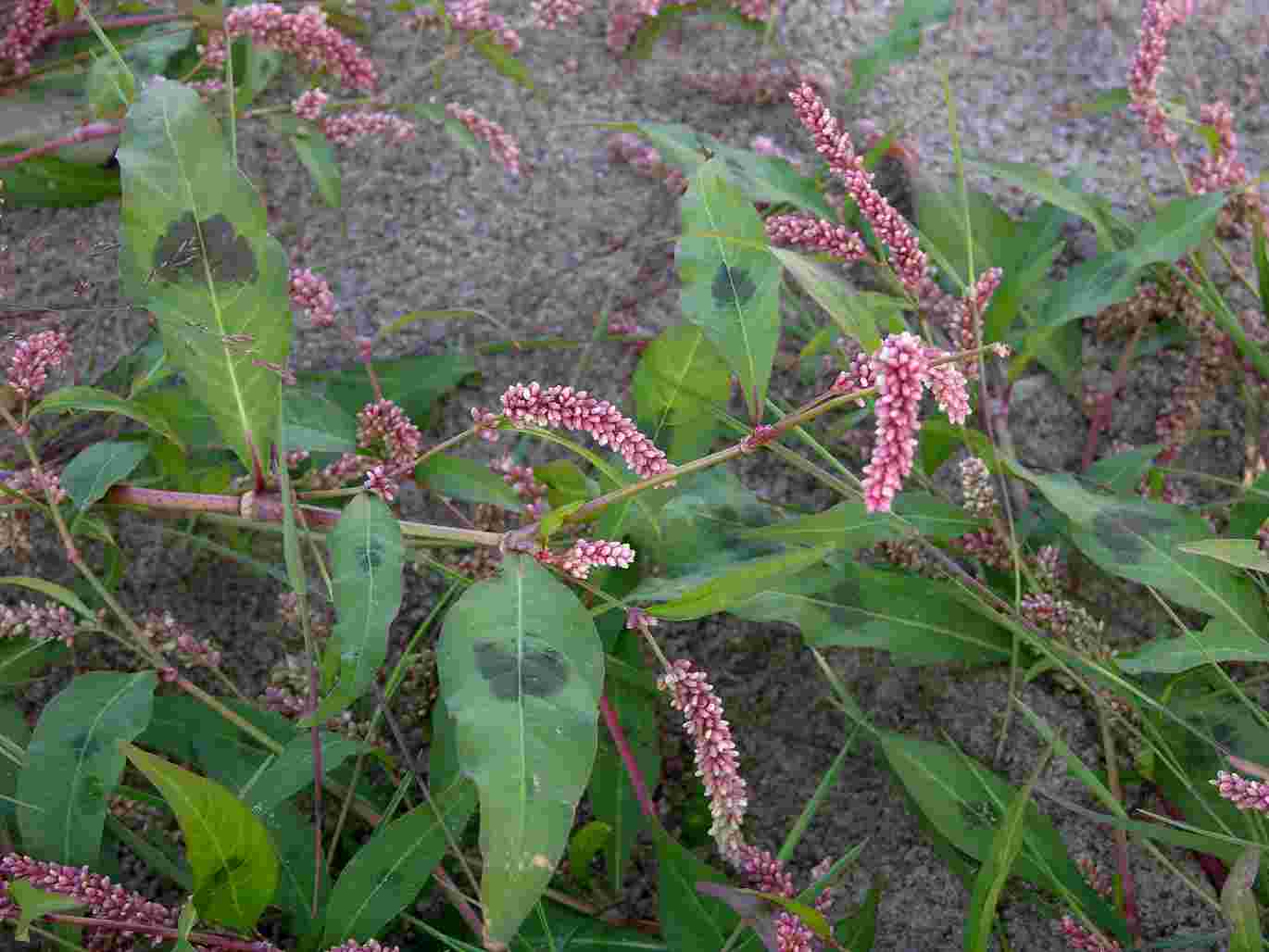
- Sapium sebiferum (L.) Roxb.- Treatment of gill rot and white head disease in fish
It has the ability to kill bacteria. Using sea buckthorn leaves to treat diseases of gill washing and head coating in fish. Take the branches and bundle them into small bundles for the pond.
Treatment: Need to fertilize the pond with a concentration of 6.0 ppm (6.0 grams of dried scalloped branches/m3 of water) Usually use 1 kg of dried scalloped leaves (or 4 kg of fresh) soaked in 20 kg of quicklime 2% in water. one night, then boiled for 10 minutes, pH above 12 and then applied in water.
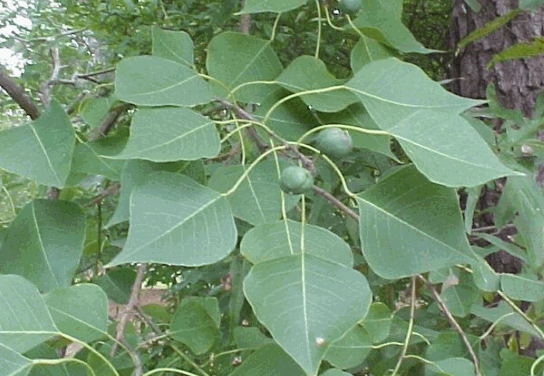
- Euphorbia thymifolia Linn treats enteritis, bacterial gill rot disease
Euphorbia thymifolia Linn has a broad spectrum of antibacterial, hemostatic, and toxin-neutralizing effects. Use the whole plant to treat inflammatory bowel disease, degeneration of fish gills caused by bacteria.
Treatment: Use 50 grams of dried milkweed or 200 grams of plants that are pounded into powder + 20 grams of salt for 10 kg of fish weight to eat in 1 day, eat continuously for 3 days.
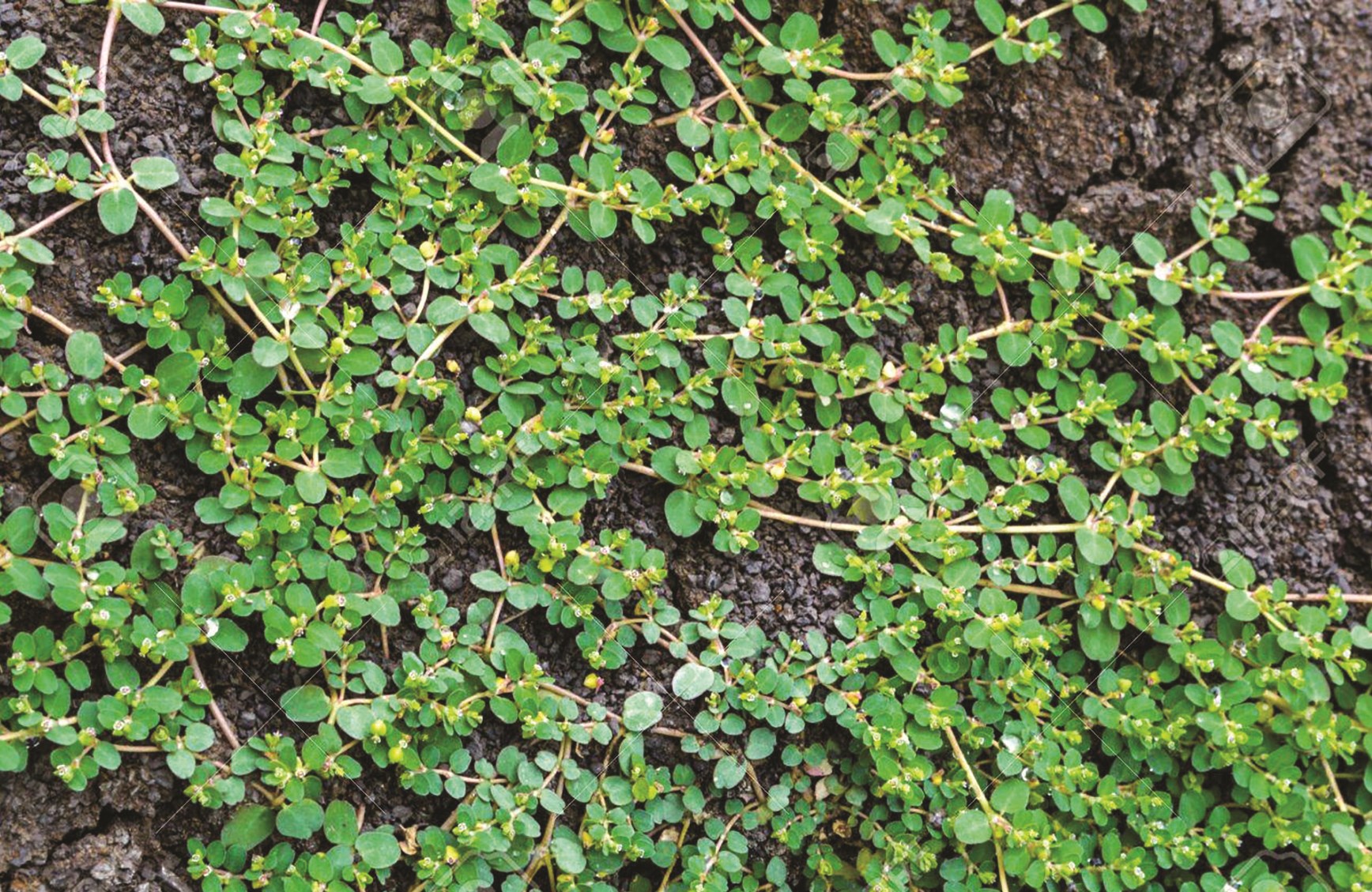

 Tiếng Việt
Tiếng Việt Indonesia
Indonesia